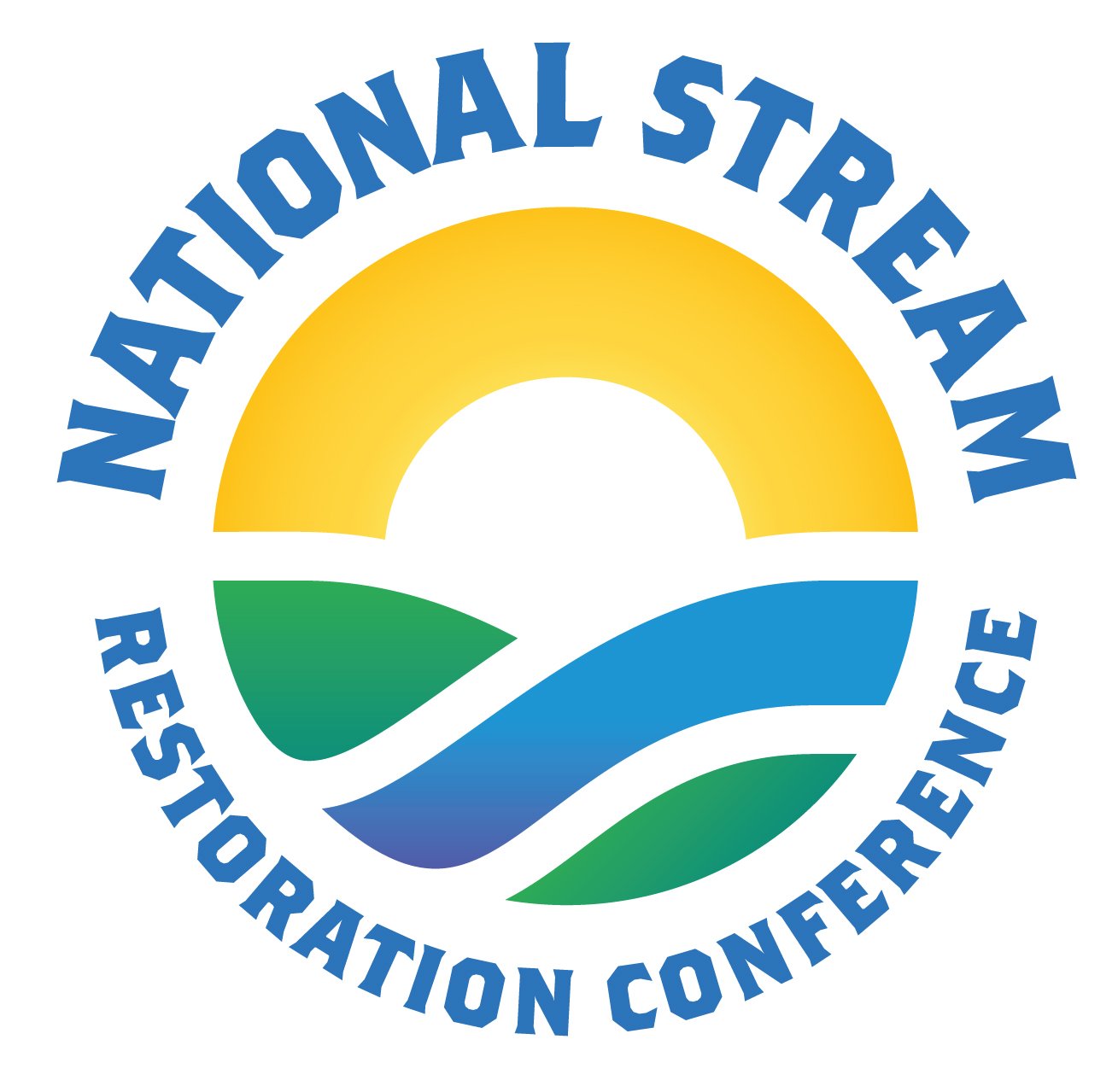Adaptive Buffer Management in Urban Stream Restoration
Jake McLean, PE
Wildlands Engineering, Inc.
Asheville, NC
Paul Dow, PE, CFM
City of Greenville
Greenville, SC
Successful urban restoration requires a unique and comprehensive approach that integrates ecology with society. As an element of their stormwater management program, the City of Greenville, South Carolina, implemented several stream restoration projects to address eroding banks, augment and improve in-stream habitat, improve water quality, enhance public use, and support local floodplain ordinance offset requirements. These projects were strategically located within recreational corridors based on the results of a watershed assessment and planning process and funded through multiple vehicles.
The establishment of vegetated riparian areas within urban corridors serves as a critical project component for both bank stabilization and water quality improvement objectives. These buffers are often constrained by community aesthetic objectives, public use, property availability, and budgetary constraints, and buffer establishment can face unanticipated challenges, ranging from inadvertent mowing or cutting of buffer plantings, adverse public reaction to early successional vegetative growth and on-going invasive species control. The City, in conjunction with Wildlands Engineering, recognized the need for an adaptive project approach and developed a strategy to provide a comprehensive plan for management and maintenance of these restored riparian corridors. This approach is designed to align the City’s goals and expectations with those of its constituents, through public education and outreach, and to enhance the public’s understanding of the purpose and benefits of successful urban stream (and riparian) restoration.
The authors of this presentation will focus on the challenges and ‘lessons learned’ through the development and implementation of multiple urban stream projects in Greenville, SC and will introduce the planning, funding, design, and implementation process through a discussion of representative examples. This discussion will emphasize the process for integrating ecological restoration with the overall goals of the City’s stormwater management program. The City anticipates the investment in continuous monitoring and adaptive management to result in the long-term success of these and future projects. Presenters will also identify additional examples of adaptive management strategies within other southeastern urban corridors to demonstrate the variety of options that are available to municipalities implementing stream restoration as part of stormwater management activities for water quality improvement.
About Jake McLean, PE
Mr. Jake McLean has 18 years of experience in ecological restoration, storm water management design, planning and modeling, floodplain management, and hydrologic/hydraulic analysis for design and permitting applications. At Wildlands Engineering, he is responsible for managing projects and leading technical design of stream and wetland restoration, storm water design and planning and aquatic organism passage projects including new and replacement bridges and culverts, as well as dam and other barrier removal. Mr. McLean has worked extensively in park and greenway settings and on water quality projects funded through state and federal grants sources.
About Paul Dow, PE, CFM
Paul Dow is the Interim City Engineer for the City of Greenville. He oversees the civil, traffic, construction inspection and environmental engineering programs for the City. Prior to joining the City, Paul served in a variety of progressively responsible engineering roles with private engineering firms, with projects ranging from the successful closure of a North Carolina coal ash facility, streambank restoration and environmental regulatory compliance.


